May 1 Newsletter for The Unschool
Mother's Day prompt; picturebook writing group; magic and challenge of picturebooks
Surely this is the musical equivalent of self-publishing, or any writing and publishing, for that matter… is the thought that comes to me, as I root about, looking for a photo for this month’s newsletter.
Speaking of rooting around… I trust you dig in your pockets for change or bills to give such musicians? I hope so. It takes big guts to show up on a street corner and set up and start to play.
Some days, it takes Big Guts to show up at your desk and write. Next time you’re struggling with it, think of this young woman. I see and hear her frequently on this corner in my city.
And my whole day lightens.
(A reminder: click on the title in your email to take you directly to the post in the Substack site.)
~~~
Prompt
It’s May and Mother’s Day is close. Let’s write about that. Some thoughts:
—your mother before you or any other child was in her life
—your mother in her oldest years
—your mother in her work place
—an award your mother should have won—if someone was creative enough to come up with such!
—the thing/s that most irritated her
—the best gift ever (define loosely!) either to OR from your mother
—a memory of your mother relating to a) weather, b) food, c) clothing, d) travel, e) repairing something… (any one of these)
—something your mother struggled with throughout her life, and how she lived with it
I’m going to start a separate thread for this one! I think we might have a few responses.
Here is the thread: https://unschoolforwriters.substack.com/p/may-prompt-mothers/comments
~~~
Re-cap of April posts
The first of the month potpourri—a bit about learning to write with an analogy of hide-and-seek, followed by a prompt of “childhood games.”
With this thought:
What is meaningful should have some element of danger; it means we are stepping out, taking risks. You can’t live and love and create without risks, without danger.
Then we began what is becoming our annual Q&A while I’m on the road in my campervan.
First question looking at “how do I start publishing?”
And second:
Third:
And most recently a piece on the need for self-soothing as we work and live this writing life
Also, I put together the 2024 index…it is now almost halfway through the year, after all
~~~
Picturebook Workshop Call
We’re always looking for participants for workshops for fiction, nonfiction, poetry, and picturebook creating.
Of all the forms, the picturebook workshop is the most active for some reason. I have some Unschoolers who are eager to share their work and comment on others’ so please email any PB manuscripts you have, they’ll go into the queue (alison@alisonacheson.com)
Picturebook writing—to my mind—is unlike any other. Its most salient point might be that it encompasses so many writing forms and genres in addition to being what it is: stories for the youngest readers.
It can connect with the dramatic forms—stageplays in particular, with its pacing and elements of surprise—and can also be poetry. At the very least it’s pushed to be poetic.
And perhaps it’s most wonder-filled, and yes, DANGEROUS quality, is that its readers do not have expectations about stories that we others (aka grownups or groan-ups) have.
Which leaves a rich openness to this work.
Yes, there are expectations around this work. But they are largely editorial, marketing, and publishing expectations (and yes that might keep you from going unpublished for awhile. BUT the good news is that your actual readers do NOT have such expectations. Write for them. Surprise yourself).
Have a re-read of a PB-related posts.
Check out the indexes for more on writing for the youngest readers.
~~~~~

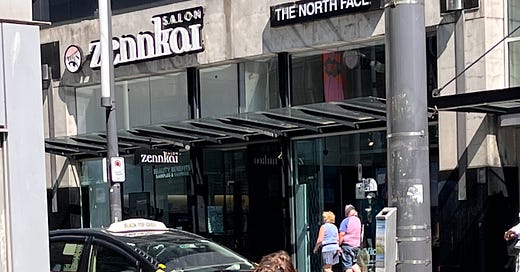



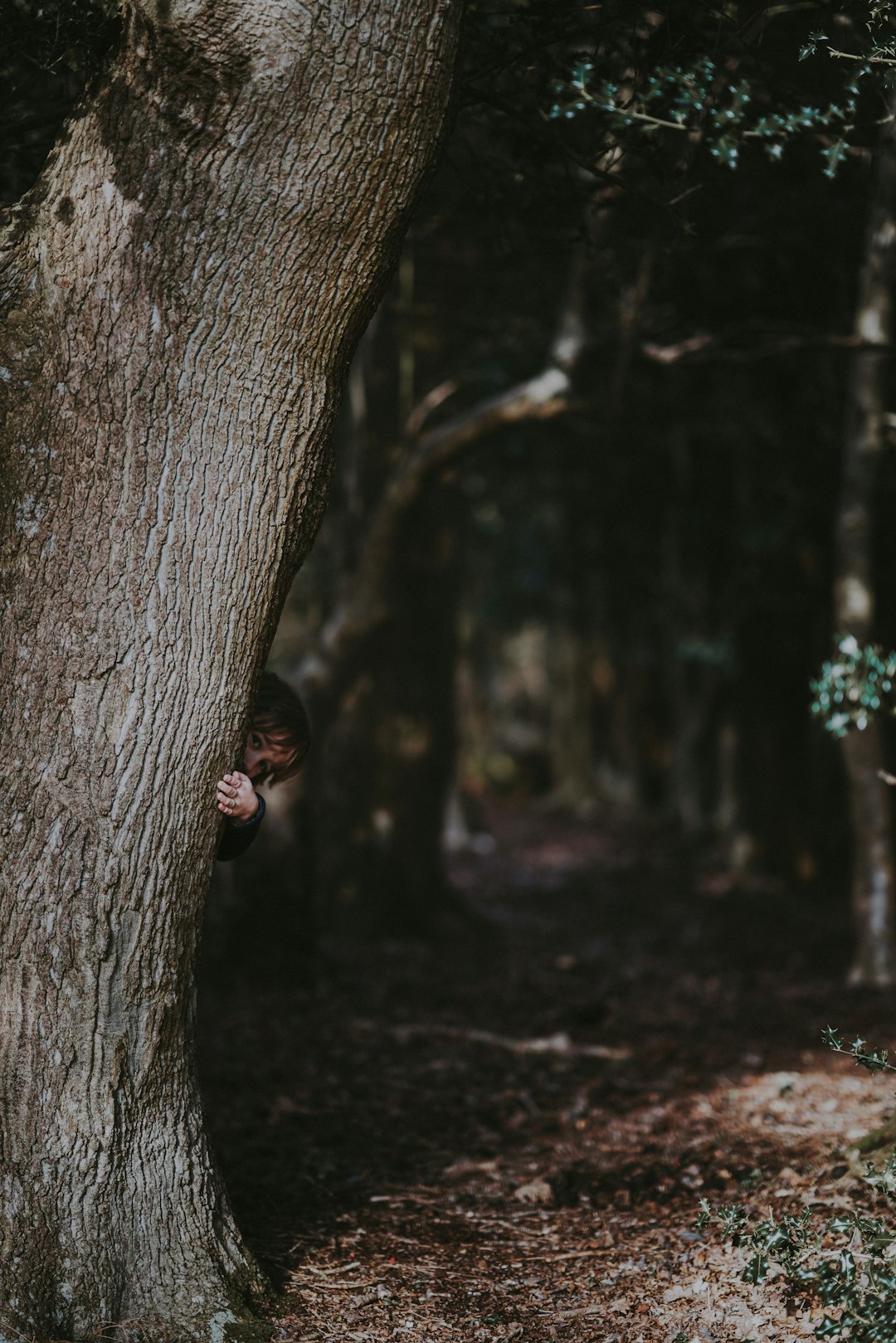
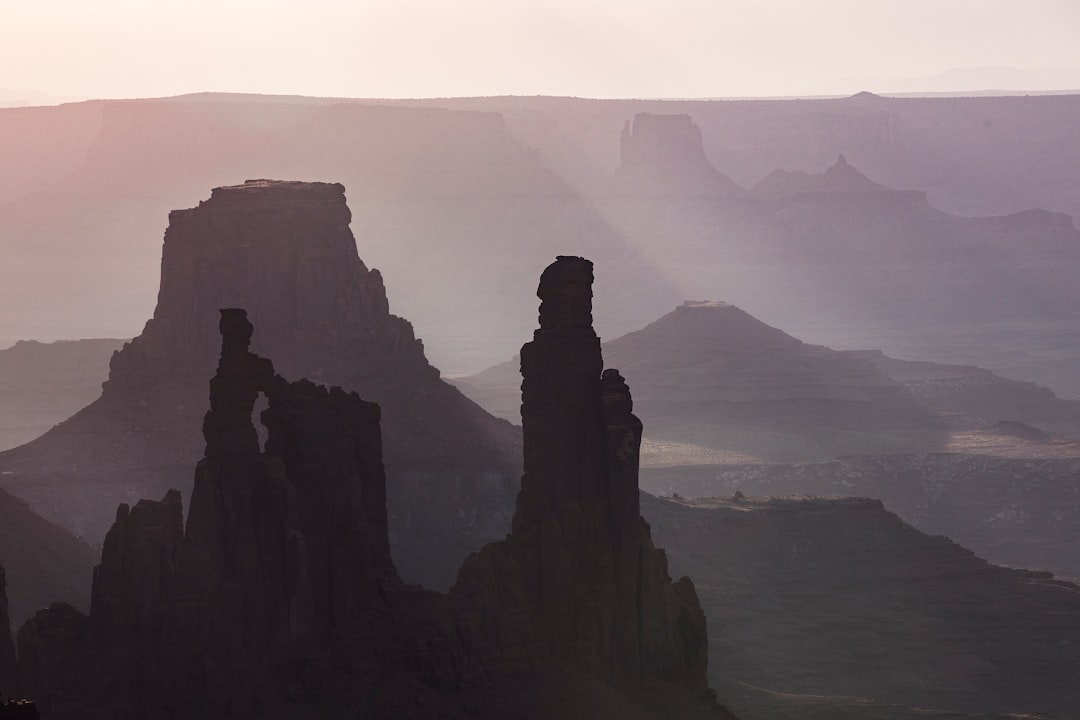
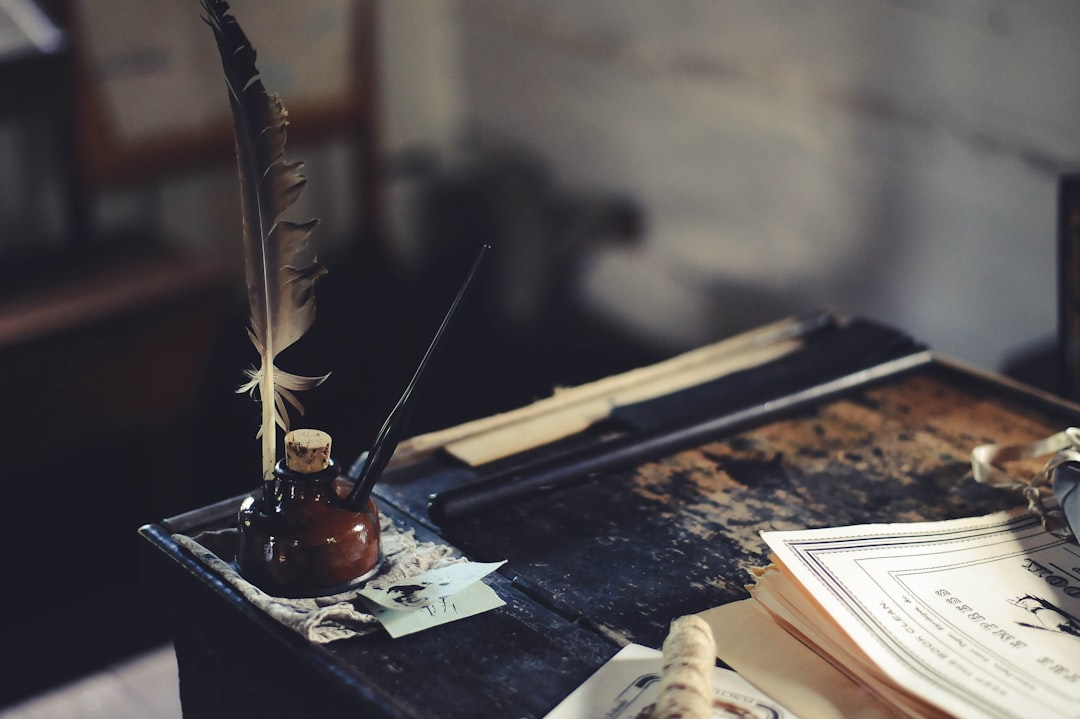

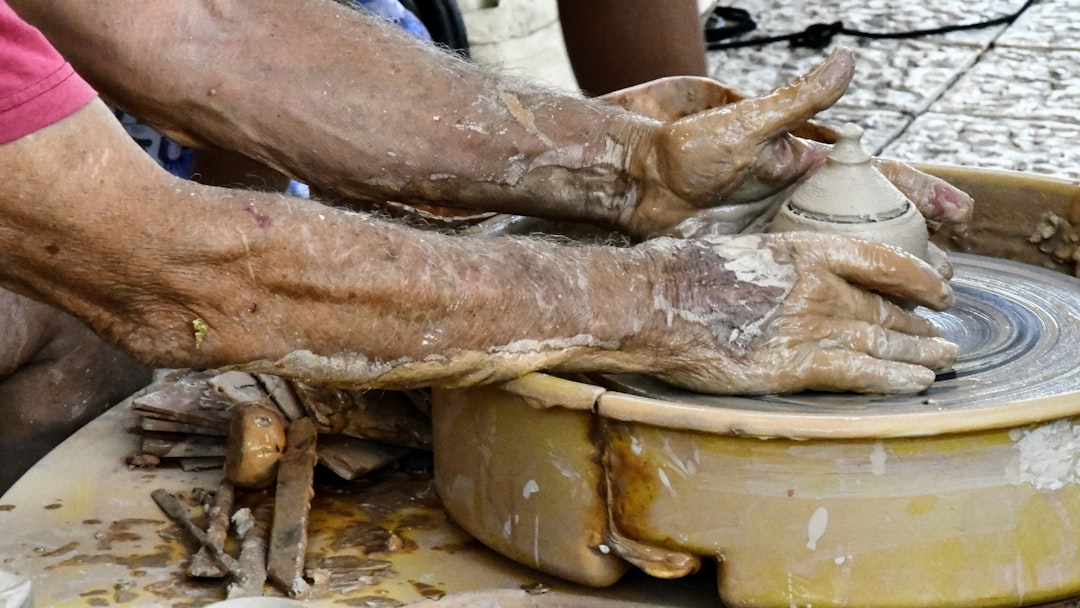
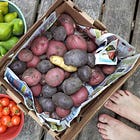

This is what I've known for 66 years: my mother from Lindsay, Ontario went to New York City to the Parson School of Design and was an au pair to an opera singer to pay her way. My father, family deeply-rooted in Lockport, NY, went to Columbia in NYC after WWII on soldiers' benefits. He completed his Masters in English and was working on his PhD, seeing a woman named Ramona but determined not to marry until he had his PhD. He went to a tea dance (for the first time ever as I write this I ask: why not with Ramona?) and met my mother. They danced. He asked her to marry him. She said, "Only if you can guess where I'm from." He guessed, "Bobcaygeon." My mother nearly fell through the floor: her parents had recently purchased property in Bobcaygeon and were building a brand new architect-designed cottage on the burned-out premises of the last cottage. My father had fished in Bobcaygeon, his only guess. Bull's eye.
A couple of years ago my sister circulated a photo I had never seen and knew nothing about. My aristocratic grandmother is in it, seriously disapproving. My mother is my mother beside a tallish, dark-haired man. Taller than my father. My sister tells us, though apparently I'm the clueless sibling, that this was my mother's - fiance?- between her graduation from the University of Toronto and attendance at Parsons. He was an engineer on his way up but had some kind of disability that kept him out of the war.
Why didn't my mother marry him? She would likely have had the luxurious life to which she was accustomed. When and how did the relationship end? Was he too uncomplicated for her? When they married my father was working in insurance, seemingly on the way to riches enjoyed by others in his family. He hated it, though, talking people into spending more money than they needed on more insurance than they needed. He became a high school English teacher - he'll never set the world on fire, her father dismissed him and so did the rest of her family for my father's entire life - refusing to apply for principal, he so loved the classroom. When he died in 1989 our church was filled, standing room only, so respected was this man who would never set the world on fire. After the funeral the receiving line was over one and one half hours as people told us about the positive effect my father had had on their lives.
My mother, like all her family, was a snob, but my father tempered that. He believed in accepting people for what they had done on their own, not their social or birth position. Something in my mother responded to that call. She suffered for it. My father was not a saint, alcohol always an issue. Still, despite a desparately small income (teachers did not make money when I was growing up) that she stretched and stretched in keeping with the Scottish side of her heritage, she was a behind-the-scenes-force to be reckoned with, and humorous. "I will not have quitters in this family," was one of her standards. "That's thigh thickener, Amy" she teased as I sucked on beloved M&M's.
For all I knew her so well, doing anything for her siblings and their children, stay at home but independent of opinion and activities, it turns out my mother had a hidden and mysterious episode in her life. She died two years ago, suffering dementia, so I will never be able to ask her about the mysterious dark-haired engineer with a disability who preceded my complex father.